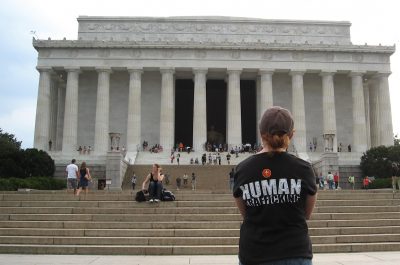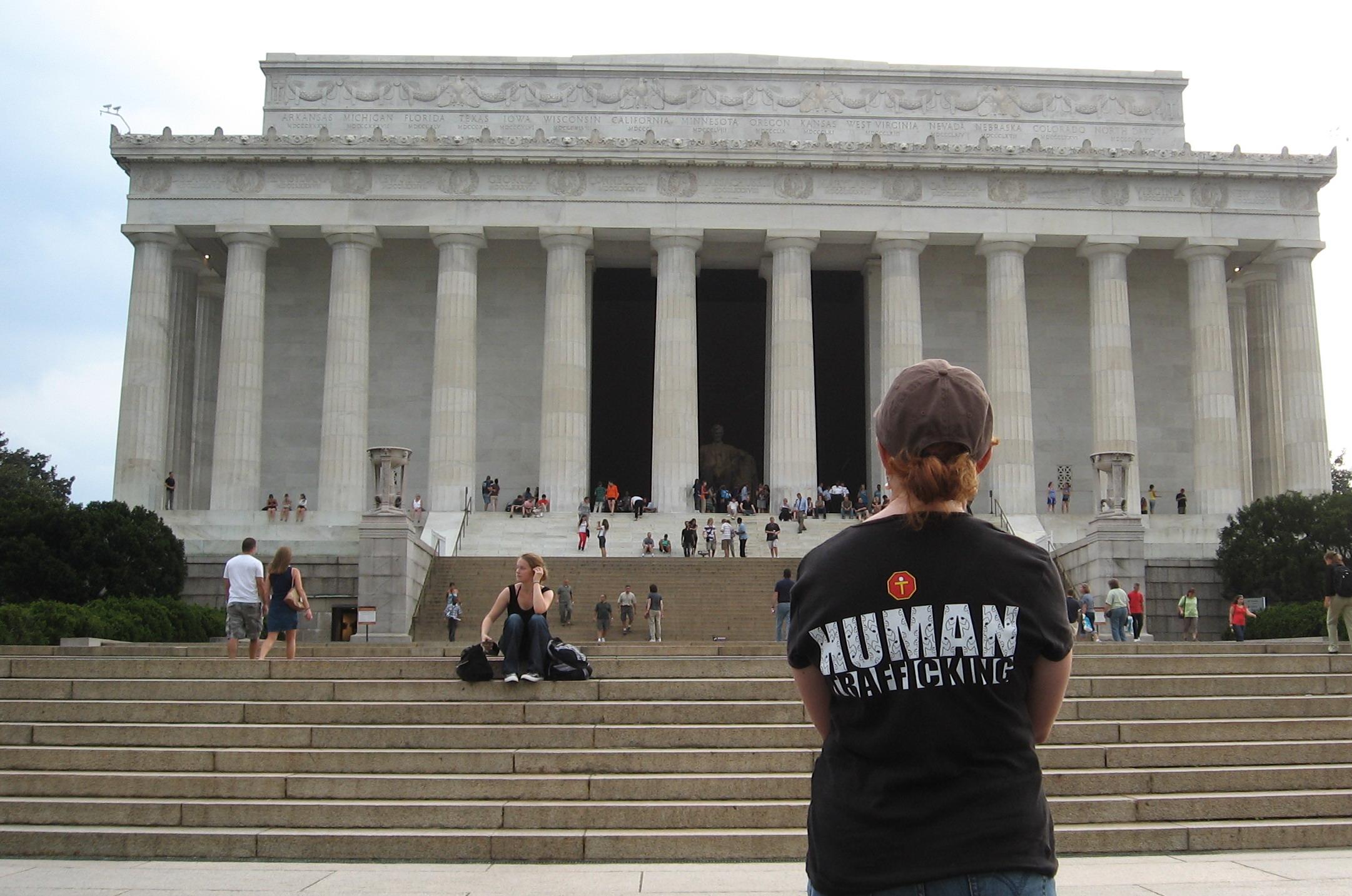VIEW FACT SHEET ON “THE DUAL MANDATE: IMMIGRATION ENFORCEMENT AND HUMAN TRAFFICKING.”

Once again this year, President Obama has declared January as “National Slavery and Human Trafficking Prevention Month,” and in his address he calls on the “national mission” to fight human trafficking.
This month, we rededicate ourselves to stopping one of the greatest human rights abuses of our time. Around the world, millions of men, women, and children are bought, sold, beaten, and abused, locked in compelled service and hidden in darkness. They toil in factories and fields; in brothels and sweatshops; at sea, abroad, and at home. They are the victims of human trafficking — a crime that amounts to modern-day slavery.
As Americans, we have long rejected such cruelty. We have recognized it as a debasement of our common humanity and an affront to the principles we cherish. And for more than a century, we have made it a national mission to bring slavery and human trafficking to an end.
For 13 years, our project Break the Chain Campaign at the Institute for Policy Studies provided direct social services and counseling to immigrant survivors of human trafficking and worker exploitation. Our clients were largely women from Africa and Southeast Asia who had come to the US to work as domestic workers in the homes of wealthy families, diplomats and employees of the World Bank and the IMF. When they fled the abuse, they faced a new fear: being undocumented in America.
The issue of immigration, and immigration reform, is tied inextricably with the issue of human trafficking, especially as heightened border control measures lead people to turn to riskier pathways in order to provide food, shelter, and opportunities for their families.
Immigration will be near the top of President Obama’s political agenda in his second term, and organizers are already gearing up for campaigns that will put human dignity, family preservation, and pathways to citizenship at the forefront of these discussions.
In the meantime, working within the enforcement-focused paradigm that we have now, anti-trafficking advocates are faced with the challenge of undocumented immigrant survivors being too afraid to report domestic violence, sexual assault, human trafficking, and other crimes.
We commissioned a group of public policy students from George Washington University to write a brief report on what we’ve been calling the “dual mandate” of the U.S. Government (particularly Department of Homeland Security): to identify and serve trafficking survivors, and to combat unauthorized immigration, and the conflicts that can arise when the two areas of work overlap.
In advance of the release of this brief report, which we expect within the coming weeks, we’ve compiled some of the key findings on the fact sheet, Key Facts from “The Dual Mandate: Immigration Enforcement and Human Trafficking.”
